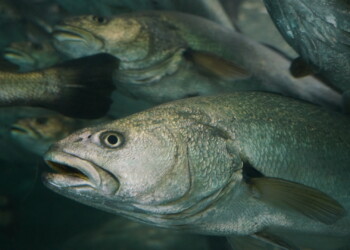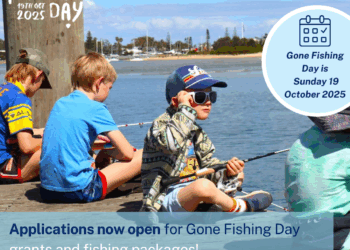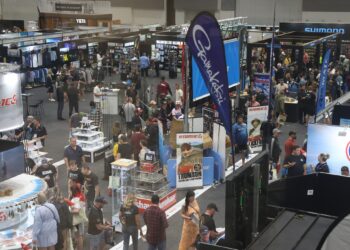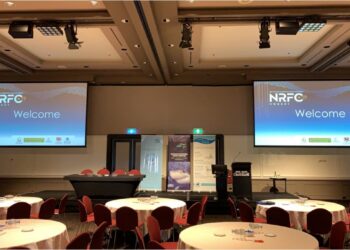
A NEW report commissioned by the NSW Department of Primary Industries (NSW DPI) and the Murray-Darling Basin Authority (MDBA) will change the way we value fishing in the Murray-Darling Basin.
“Native fish and recreational fishing activities are vital to tourism in the Murray Darling Basin, and this report recommends clear ways to measure their social and economic value in monetary terms,” NSW DPI Fisheries Deputy Director General, Dr Geoff Allan said.
“We know tourism is a growing contributor to Basin economies, with expenditure from overnight visitors increasing by $1.8 billion over the last five years to now be worth around $7.5 billion every year.
“This report gives us tools to better understand how the economic value of native fish and recreational fishing in inland rivers in NSW might change with changes in water management or other management regimes.”
Dr Allan said the Macquarie-Castlereagh catchment was used to guide the report’s development due to its highly engaged and active recreational fishing community.
“We chose to research the Macquarie-Castlereagh catchment because it has some great examples of active recreational fishing, including the popular Burrendong Classic Fishing competition which is held over Easter each year, attracting thousands of anglers,” Dr Allan said.
“The Macquarie also boasts good numbers of native fish species.
“A range of measures including long-term investment in river habitat improvements has seen increased numbers of several native fish species caught by recreational fishers in recent times, particularly Murray Cod.
“Further improvements relating to water management and connectivity, such as installation of fishways and protection of flows will help native fish numbers grow, leading to more tourism in the Macquarie and across the Murray-Darling Basin.”
Two eminent environmental economists with decades of experience in valuing rivers and wetlands in the Murray-Darling Basin delivered the report to NSW DPI.
Professor Jeff Bennett and Dr Rob Gillespie consulted with an expert panel of environmental economists, freshwater ecologists, recreational fishers, and Commonwealth and NSW water and fisheries managers to collate the findings.
“Recreational fishing makes an important contribution to the wellbeing of people living in rural and regional centres within the Basin, but until now there has been no evidence-based and integrated pathway to assess the benefits,” Professor Bennett said.
“The report recommends some clear and workable options to understand better the economic and social values at stake.”
The full report and its findings can be found HERE.

















